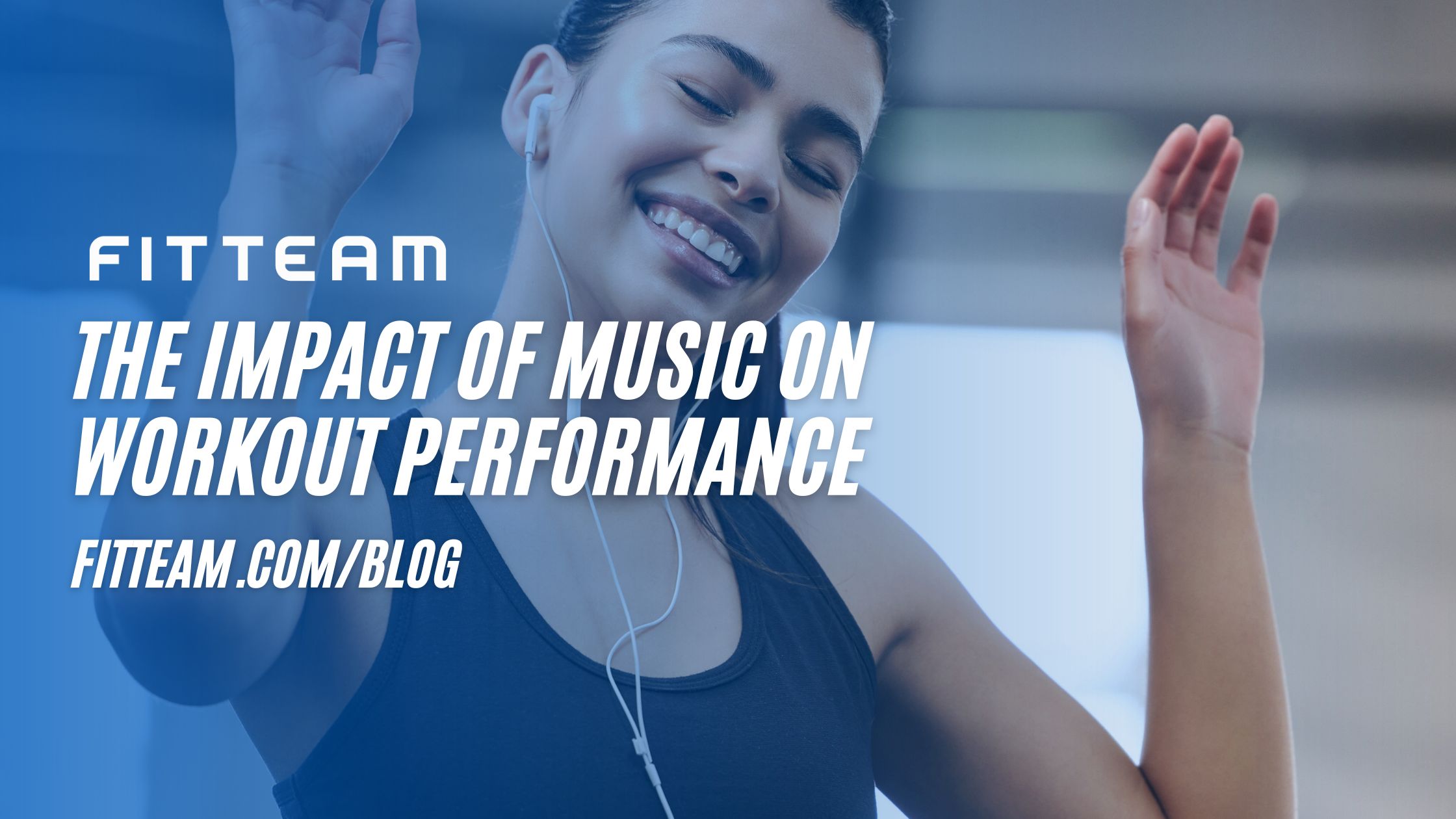
22 Aug The Impact of Music on Workout Performance
The Impact of Music on Workout Performance
Music has always been an integral part of human culture, from ancient rituals to modern-day celebrations. In the realm of fitness, music is more than just background noise—it’s a powerful tool that can significantly impact workout performance. Whether you’re lifting weights, running, or engaging in a high-intensity interval training (HIIT) session, the right music can enhance your experience and even improve your results. This blog explores how music influences workout performance, the science behind it, and how to harness its benefits.
The Science Behind Music and Exercise
Research has shown that music can have a profound effect on both the mind and body during exercise. Here are some key ways it influences workout performance:
- Motivation and Mood Enhancement
Music is a potent motivator. Upbeat, fast-tempo tracks can boost your mood and energy levels, making you feel more enthusiastic about your workout. This is particularly important during challenging sessions, where maintaining a positive mindset can mean the difference between pushing through or giving up. Studies have found that listening to music before and during exercise can increase the release of dopamine, a neurotransmitter associated with pleasure and reward, thus enhancing motivation and enjoyment. - Distraction from Fatigue
One of the most significant benefits of music during exercise is its ability to distract from feelings of fatigue and discomfort. When you focus on the rhythm, lyrics, or melody of a song, your perception of exertion decreases. This phenomenon, known as “dissociation,” allows you to push harder and longer during your workout. Research indicates that individuals who listen to music while exercising report lower levels of perceived effort, enabling them to increase endurance and performance. - Synchronization and Rhythm
The rhythm of music can naturally align with your movements, a concept known as synchronization. This is especially evident in activities like running or cycling, where matching your pace to the beat can lead to more efficient and coordinated movements. A study published in the journal Sports Medicine found that synchronous music can improve the efficiency of physical performance, leading to better results, such as increased distance covered or more reps completed. - Tempo and Performance
The tempo of music plays a crucial role in its impact on exercise. Faster tempos are generally more effective for high-intensity workouts, as they can elevate heart rate and stimulate a sense of urgency. Conversely, slower tempos may be more suitable for warm-ups, cool-downs, or yoga, where relaxation and focus are the goals. According to a study in the Journal of Sports Sciences, the optimal tempo for cardio exercises is between 120 and 140 beats per minute (BPM), while strength training can benefit from slightly slower tempos.
How to Choose the Right Music for Your Workout
To maximize the benefits of music during exercise, it’s essential to tailor your playlist to your specific workout and personal preferences. Here are some tips:
- Know Your Goals: For cardio and endurance workouts, choose high-tempo tracks with motivating lyrics. For strength training, opt for music with a steady beat that can help you maintain focus and consistency.
- Personal Preference Matters: While studies provide general guidelines, personal taste plays a significant role. Music that you enjoy will always have a more substantial impact than a song that fits the “ideal” tempo but doesn’t resonate with you.
- Create a Playlist: Organize your playlist to match the phases of your workout. Start with slower, motivational songs for your warm-up, transition to high-energy tracks for the main session, and finish with calming music for the cool-down.
Conclusion
The impact of music on workout performance is undeniable. From enhancing motivation and mood to synchronizing movements and distracting from fatigue, the right music can be a game-changer in achieving your fitness goals. By understanding the science behind music’s influence on exercise and tailoring your playlist to your workout, you can unlock new levels of performance and enjoyment.

